EDITORIAL
Published on 21 Mar 2022
Editorial: A Systems View of Plant Cellular Communication
doi 10.3389/fpls.2022.875046
- 937 views
- 1 citation
9,322
Total downloads
41k
Total views and downloads
You will be redirected to our submission process.
EDITORIAL
Published on 21 Mar 2022
PERSPECTIVE
Published on 05 Aug 2021
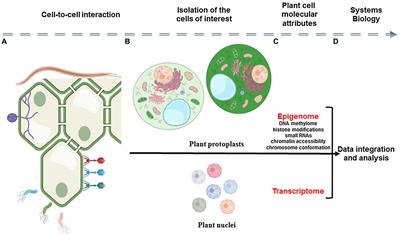
ORIGINAL RESEARCH
Published on 26 Jul 2021
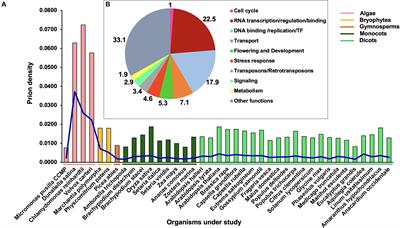
ORIGINAL RESEARCH
Published on 14 Jun 2021
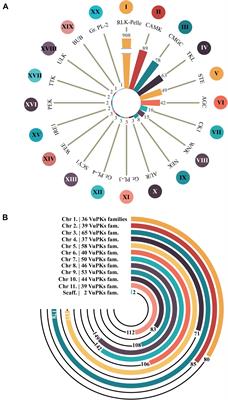
ORIGINAL RESEARCH
Published on 06 Apr 2021
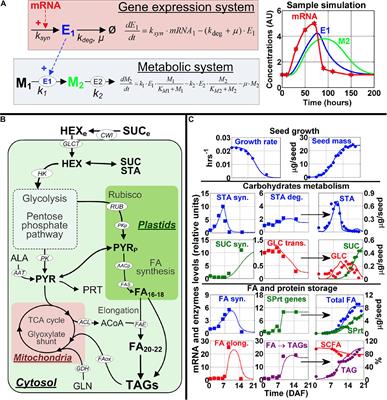
ORIGINAL RESEARCH
Published on 02 Feb 2021
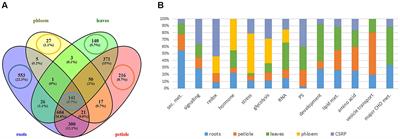
ORIGINAL RESEARCH
Published on 07 Jan 2021
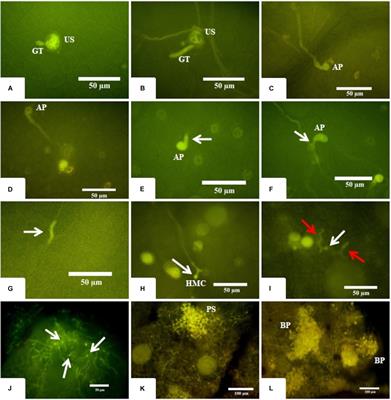
ORIGINAL RESEARCH
Published on 03 Dec 2020
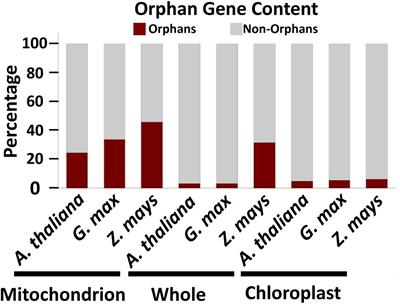

Frontiers in Bioengineering and Biotechnology
Plant Systems and Synthetic BiologyOffline